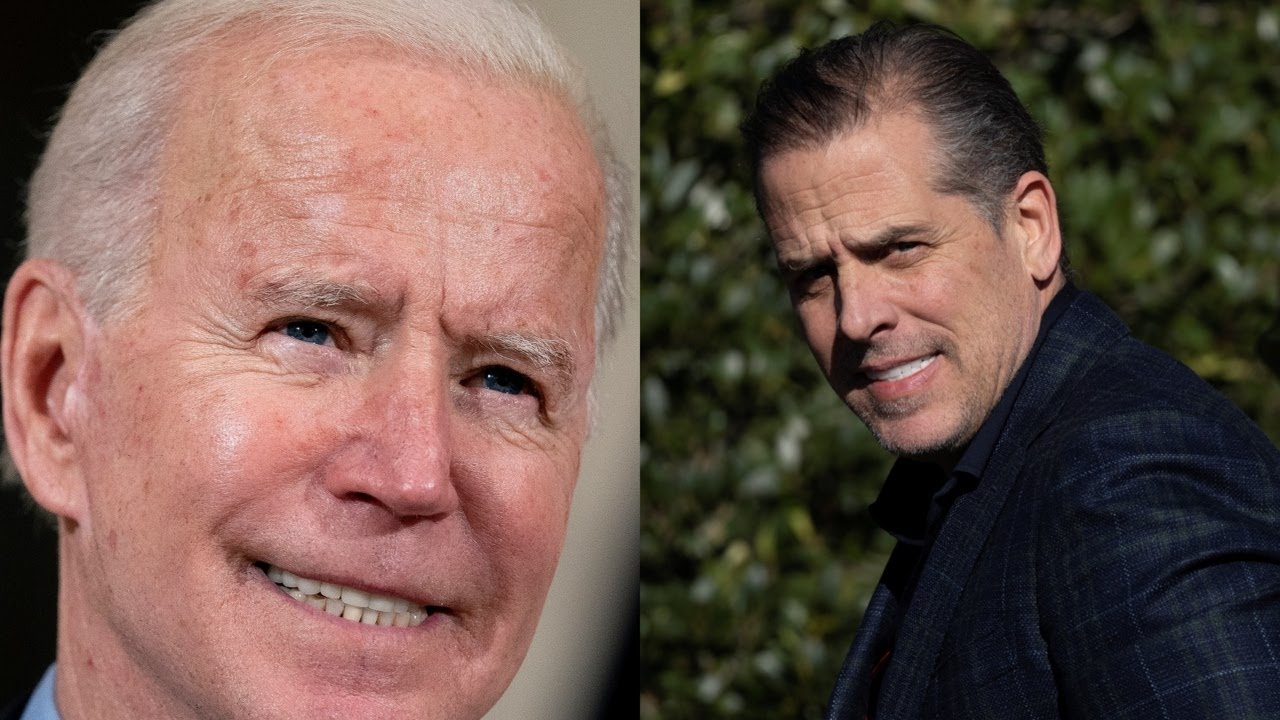In a stunning development, Joe Biden has publicly stated he will not pardon his son Hunter Biden if he’s convicted on federal gun charges. This announcement adds yet another explosive chapter to the already sensational saga of the Biden family and their entanglements.
Picture this: a sitting president faced with the dilemma of saving his own son from the jaws of the law or upholding justice no matter the personal cost. It sounds like the plot of a high-stakes political thriller, but it’s reality. The statement came amid growing scrutiny over Hunter Biden’s legal troubles, which include allegations of lying on a federal form about his drug use when purchasing a firearm in 2018. If convicted, Hunter could face serious jail time—a scenario that would be catastrophic for any family, let alone the First Family.
This isn’t just a case of a father-son dynamic gone awry. The president’s declaration ignites a firestorm of questions and debates. Why did Biden feel the need to make such a statement now? Is this a genuine commitment to justice, or a strategic move to deflect criticism? And what does this mean for his administration’s stance on law and order?
By vowing not to intervene, Biden is straddling a fine line between loyalty and legality. It’s a bold move. Remember the “good old days” when presidential scandals didn’t involve potential prison sentences for their offspring? Sure, Hunter Biden has been a lightning rod for controversy, from his business dealings in Ukraine to his struggles with addiction. Yet, this latest twist—federal gun charges—adds an unprecedented layer of drama.
For Biden, this isn’t just a familial issue; it’s a political minefield. The optics of pardoning his son could be disastrous, potentially undermining his administration’s credibility and inviting accusations of favoritism and corruption. Conversely, allowing the legal process to run its course without interference could reinforce his commitment to the rule of law. But we all know politics is never that straightforward.


Leave a Comment